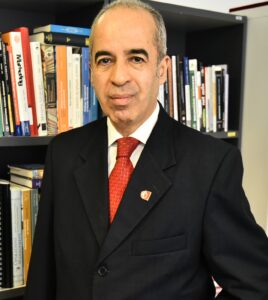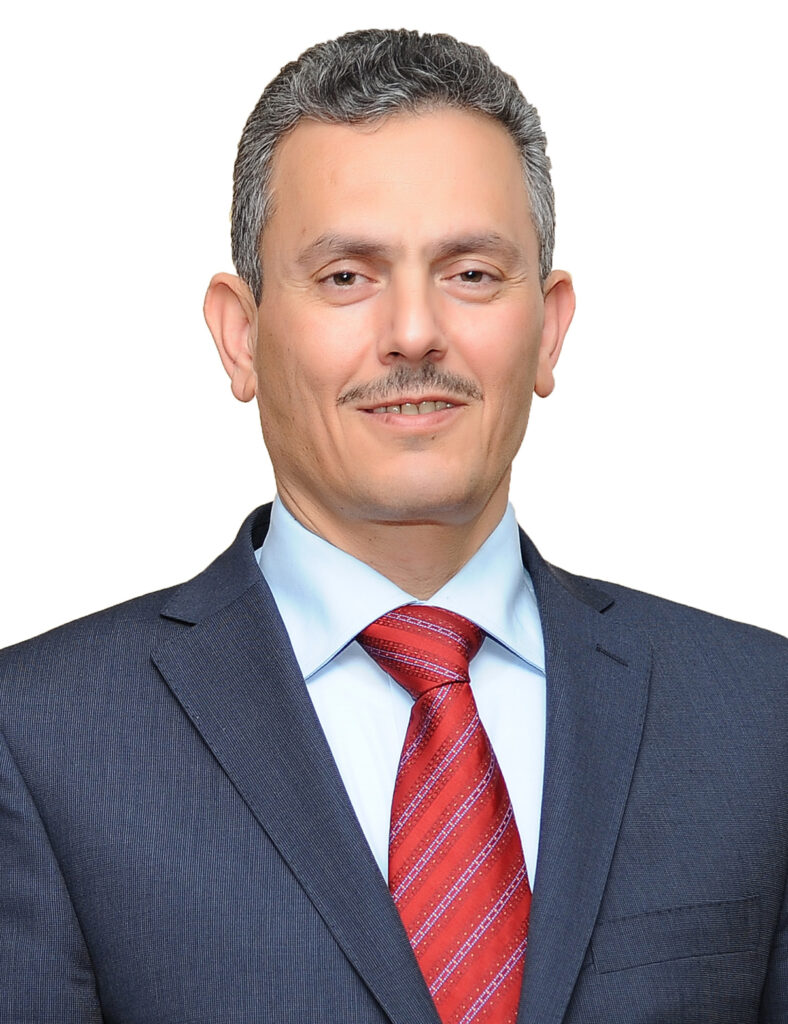
Technological innovation, pedagogical evolution and changing educational priorities have contributed to the growing popularity of personalised learning amongst higher education institutions. Personalised learning is one such innovation.
In short, personalised learning is an educational approach that tailors instruction, content and pace to meet the individual needs, interests and abilities of each student. It emphasises student agency, self-directed learning and the use of technology to create customised learning experiences. Closely related to Generative AI, it focuses on creating new content based on patterns and data inputs.
A topic that received significant attention at the QS Reimagine Education Conference 2023 was the active role universities can play in navigating AI for economic and societal resilience. By leveraging Generative AI, personalised learning can offer more dynamic, interactive and tailored learning experiences – ultimately improving student outcomes and engagement.
What do Middle Eastern students think about Generative AI? How can it potentially complement traditional teaching methods through personalised learning, and what challenges will pioneers face when implementing innovative pedagogical approaches?
At the QS Higher Ed Summit: Middle East 2024, vital discussions on innovation in higher education will be held. The panel ‘Going with the (digital) flow’ will discuss how universities can strategically reframe their outlook amidst increasing disruptive technology, ensuring quality education and assessments in light of cheating incidents involving Generative AI and maintaining equitable access to tech-driven growth in the classroom to prevent students from being left behind. We spoke to the panellists before they take to the stage in the UAE.
Surging fascination with Generative AI

One panel speaker, Professor Dr Ali Khatibi, Senior Vice President for Postgraduate of Offshore Campuses at Management and Science University said: “It is necessary to acknowledge that although artificial intelligence holds significant potential for customising education, human instructors remain essential in establishing nurturing and motivating learning environments. The integration of artificial intelligence and human expertise will result in an improved and personalised education, benefiting all learners.”
Understanding and developing policies around Generative AI is becoming a pressing issue for universities, as Middle Eastern students are becoming increasingly familiar with the technology. According to the QS Generative AI Student Pulse Survey 2023:
- 66% of students said they have personally used Generative AI technologies
- Around 70% of them claim to be familiar with Generative AI technologies
Unlocking potential
Personalised learning could enable individuals to cultivate their unique skill sets and enhance self-awareness in a way a one-size-fits-all curriculum cannot. With a business world demanding sustainable leadership, students may feel empowered to make informed decisions about their education through tailored learning experiences, personalised learning goals, and competency-based assessments.
By acknowledging the diverse learning styles of students, personalised learning can empower learners to take an active role in their learning journey.
Speaker, Ahmad Obaidat, CEO and Founder at Unihance, discusses the potential of personalised learning in universities:

“This approach holds immense potential for fostering deeper engagement, enhancing self-awareness, and preparing students for the modern workforce by focusing on their unique strengths and areas for growth. As educational paradigms shift towards more adaptive and responsive models, personalised learning stands as a key strategy in transforming educational outcomes and empowering learners in a rapidly evolving world.”
While offering benefits for current students, technology, like Generative AI, has a real impact on student decision making. Insights from the QS International Student Survey 2023 show that 64% of prospective students looking to study in the Middle East prioritise institutions equipped with cutting-edge technology — almost as many as those capable of delivering high teaching quality (65%).
Examples of personalised learning in Middle Eastern universities

Professor Omar Al-Jarrah, Vice President for Planning and Development at Arab Open University, another speaker on the panel, provided his perspective on the region’s efforts to incorporate Generative AI into the curriculum.
“Several universities in the region have embarked on ambitious plans to leverage AI and immersive technologies to enhance student’s learning and success. We have used Generative AI engines to curate content for our learners in a code-free environment and combined this with virtual and mixed realities in partnership with one of the leading vendors in the world, EON-Reality. Furthermore, we have used AI-guided assessment to provide our students with the skills needed for the job market.”
“By tackling these challenges head-on, institutions can unlock the full potential of personalised learning – making it a cornerstone of modern education.”
Overcoming hurdles
Though personalised learning may enable students to take more ownership of their education, educators and institutions must still consider several factors that could pose challenges when adopting these learning experiences:
Assessment and feedback: While Generative AI can create customised degree programmes that identify student knowledge gaps and aim to strengthen those areas, it also raises questions about the accuracy and reliability of assessments. How will institutions measure success and certification?
Scalability: Scalability is a critical factor in online education – particularly for personalised learning. As the demand for online education rises, it’s essential to make personalised learning accessible to all students on a large scale while maintaining quality of education. However, providing personalised instruction requires significant resources from educators, which may cause challenges when serving a large student population.
Resource constraints: From technology costs, data management, teacher training support to infrastructure, institutions must carefully review and address these issues to ensure successful implementation as Generative AI is highly carbon intensive.
Privacy concerns: The collection, storage, sharing, and usage of sensitive student data must be meticulously managed to safeguard student privacy and adhere to legal and ethical guidelines.
According to Ahmad, a “multifaceted approach” is crucial for overcoming barriers to personalised learning.
“For assessment and feedback, leveraging a combination of AI and human oversight can ensure the accuracy and reliability of evaluations. Addressing scalability requires innovative educational models that utilise technology to extend personalised learning opportunities without compromising quality. To navigate resource constraints, strategic partnerships and investments in scalable technologies are essential.
“Lastly, safeguarding privacy demands robust data protection measures and adherence to ethical standards, ensuring that student information is secure and used responsibly. By tackling these challenges head-on, institutions can unlock the full potential of personalised learning – making it a cornerstone of modern education.”



